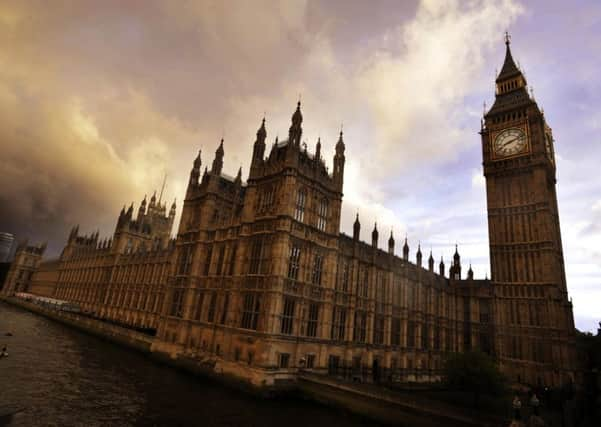Why I voted against whip over the Welfare Bill


This won’t be an easy task. It’s near impossible to please everyone all the time, yet this is what I was thinking of when I broke my Party whip by voting against, not abstaining, at the second reading of the Welfare Bill in Parliament. This was my first vote against the whip, and a decision I thought long and hard about, but it was the right one.
While campaigning in May voters said they weren’t sure what Labour stood for, that they couldn’t tell the difference between Labour and Tory. Now, for me, the difference between Labour and Tory is clear. But it is decisions like this, to abstain, rather than oppose the Government’s welfare bill that will hurt many people, who ‘earn their poverty’ and lead people to question what Labour stands for and who it stands with.
Advertisement
Hide AdAdvertisement
Hide AdFor me Labour stands with the many who work hard in work, out of work, and in their own businesses to ensure they, and their families, have a roof over their heads, food on the table. And for those who aren’t in employment or whose own earnings don’t cover the a basic standard of living, we as a community have asked our government to step in and ensure there is enough. This is the social welfare safety net. It is not lavish. But in the sixth richest country on earth, surely we have enough to ensure no child goes to school hungry because the cupboard is bare, and everyone has a roof over their head.


The Government makes much of scroungers and talks up benefit fraud, but the reality is most welfare is paid to people in work or in pensions to those who have retired, or housing benefit to private landlords. The Joseph Rowntree Foundation has previously estimated that benefit fraud is less than 1% of the budget.
So, why aren’t we having a debate about how as a community we meet our obligations to one another? We must ensure individuals and corporations with the broadest shoulders contribute enough to government revenue, so those with least have enough for a decent standard of living.